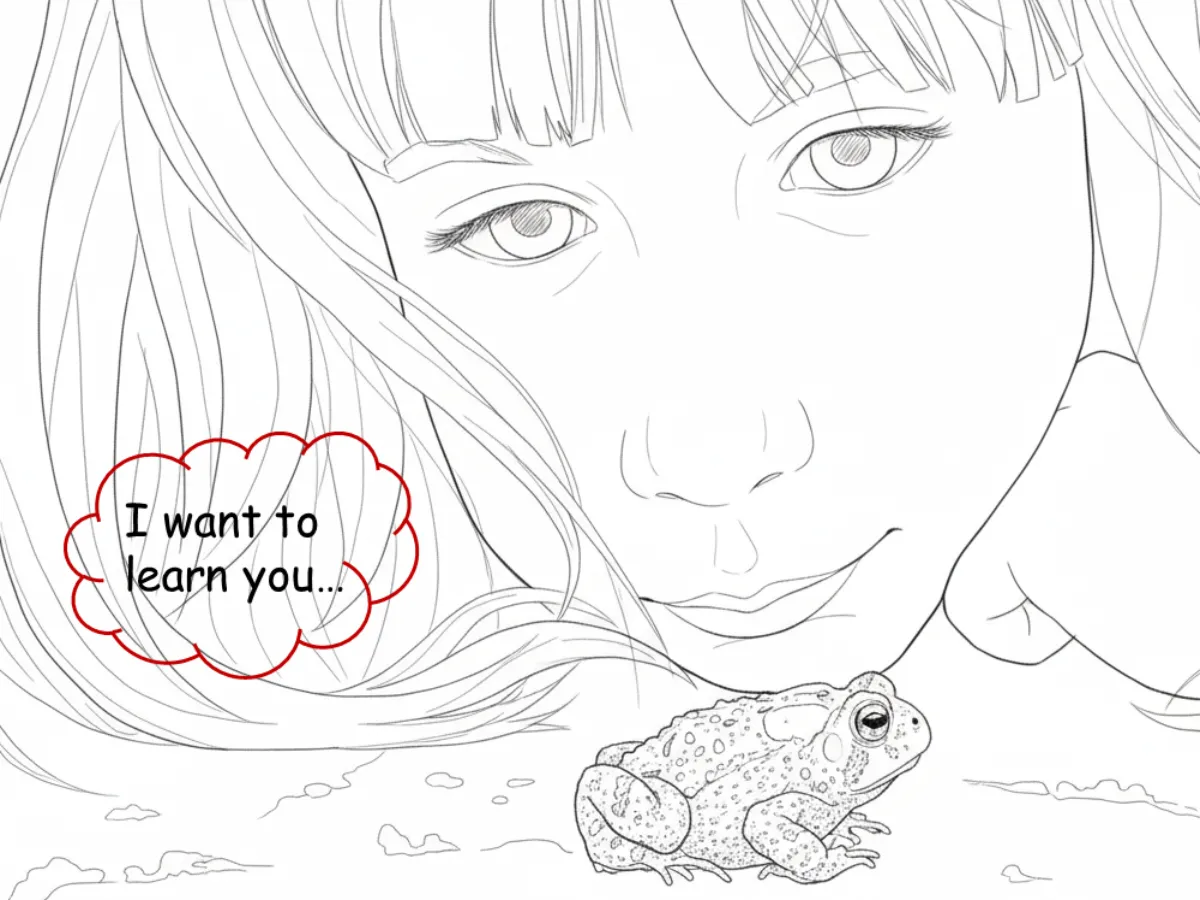 Curiosity. I want to learn you
Curiosity. I want to learn youCURIOSITY_RELATIONSHIP
Curiosity in Relationships: The Spark That Keeps Love Alive
Why Relationship Curiosity is the The Secret to Deep Emotional Connection and Lasting Love, The Cost of Emotional Stagnation, and How to Cultivate It Daily
What Is Curiosity and Emotional Engagement in a Relationship?
Curiosity in a relationship means genuinely wanting to know your partner — their thoughts, feelings, stories, and inner world. It’s more than asking questions; it’s about staying emotionally engaged and open to discovery, even after years together.
Curiosity says: “I still want to learn you.”
When you’re curious, you listen with interest, not assumptions. You approach your partner’s emotions and experiences with wonder rather than judgment. It’s the mindset that fuels both emotional intimacy and lasting attraction.
Why Is Curiosity Important for Lasting Love?
Curiosity is what keeps long-term relationships alive, growing, and deeply connected. It transforms routine into renewal and conflict into understanding. When partners remain curious about each other, they never stop learning — which keeps love vibrant and emotionally fresh.
When curiosity thrives:
Communication becomes deeper and more meaningful.
Conflicts turn into opportunities to understand, not attack.
Emotional connection strengthens through empathy and openness.
Partners feel valued, seen, and heard — not taken for granted.
The relationship evolves instead of becoming stagnant.
Curiosity is what makes lasting love dynamic — it replaces “I know you” with “I want to keep knowing you.”
The Damage Caused by a Lack of Curiosity and Complacency
A lack of curiosity slowly dulls emotional connection. When one or both partners stop asking, listening, or caring to understand, the relationship enters emotional autopilot, leading to relationship stagnation.
Consequences of complacency in a relationship include:
Emotional distance – Conversations feel repetitive or shallow.
Misunderstanding – Without curiosity, assumptions replace real understanding.
Loss of intimacy – Partners stop sharing their deeper feelings or dreams.
Boredom and complacency – The relationship loses its sense of discovery.
Disconnection over time – Each partner grows separately instead of together.
Without curiosity, love turns into routine — safe but emotionally flat. Relationships stop evolving when the spark of discovery dies.
Typical Behaviors Showing Lack of Curiosity
Lack of curiosity often shows up subtly, especially in long-term relationships.
Common signs of emotional disengagement include:
Rarely asking your partner how they feel or what they think about things.
Interrupting or quickly changing topics during serious discussion.
Assuming you already know what your partner will say or how they will react.
Showing clear disinterest in their new passions or experiences.
Dismissing their emotions as unimportant or dramatic.
Avoiding deep or uncomfortable conversations.
Focusing only on daily logistics instead of emotional connection.
These behaviors often stem from emotional laziness, fear of vulnerability, or self-absorption — the opposite of the open, inquisitive mindset that fuels lasting love.
How to Cultivate Curiosity in Yourself for a Deeper Connection
Curiosity is a choice — a decision to keep learning, listening, and exploring your partner’s world. This is key to building a deeper connection.
Ask open-ended questions – Move beyond "yes/no" to questions like, “How did that make you feel?” or “What do you think about…?”
Listen without judgment – Be fully present instead of rushing to prepare your response.
Stay open to surprise – Assume there’s always more to discover, even in familiar situations.
Observe changes – Notice new interests, moods, or desires and genuinely inquire about them.
Explore shared growth – Be curious not only about your partner but about the “us” you’re creating together.
Reflect instead of react – Curiosity thrives when you seek to understand before defending yourself.
The more curious you are, the more emotionally connected you become — curiosity is truly empathy in action.
How to Handle a Partner Who Lacks Curiosity or Seems Disengaged
If your partner seems uninterested or emotionally closed off, you can encourage relationship curiosity through gentle modeling and clear communication.
Express your feelings clearly – Use “I” statements: “I feel disconnected when we don’t talk deeply anymore.”
Invite them into your world – Share openly about your thoughts and feelings without pressure.
Ask for engagement, not interrogation – Suggest small, open conversations or "check-ins."
Model curiosity toward them – When you show genuine interest in them, it often awakens theirs.
Celebrate vulnerability – Appreciate and validate when they share, even a little.
Seek outside support if needed – Chronic emotional detachment may need deeper exploration in couples therapy.
Mutual curiosity can be reignited — it just takes consistent warmth, patience, and the willingness to reconnect.
Final Thoughts on Relationship Discovery
Curiosity is what keeps lasting love alive, expanding, and endlessly fascinating. It’s how partners continue to discover each other through the changing seasons of life.
Without curiosity, relationships grow dull; with it, they become a lifelong journey of discovery.
So, if you want to deepen your connection, don’t just ask, “How was your day?” — ask, “What moved you today?”
Because love, at its best, is not certainty — it’s curiosity that never stops.
 thelovemaze.com
thelovemaze.com